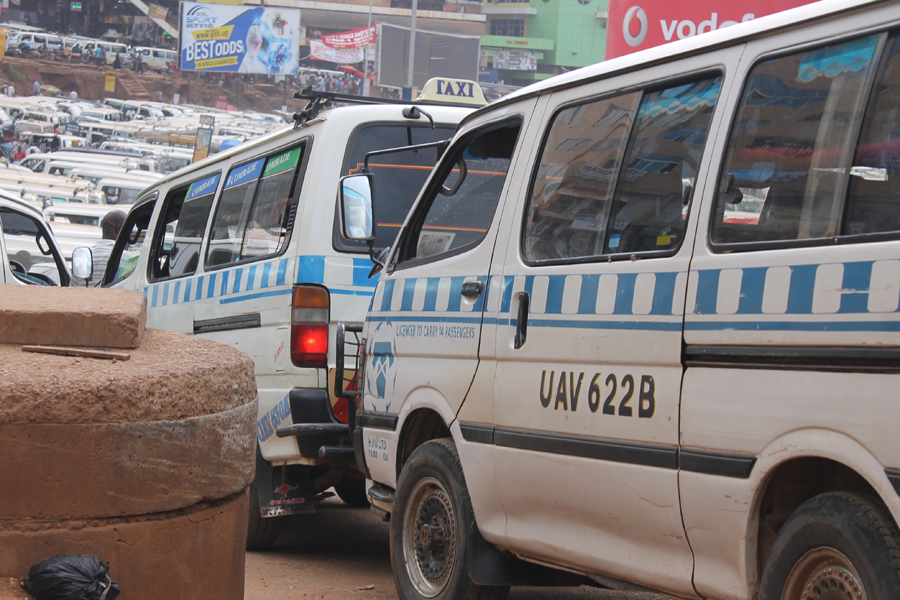
A strike organized by traders in Kampala has brought the city's transport sector to a standstill, causing significant losses for taxi, bus, and boda boda operators. The strike, now in its second day, has resulted in deserted streets downtown as passengers and deliveries dwindle due to the absence of traders.
With many clients choosing to stay home amidst the strike, taxi and bus drivers find themselves stranded, their vehicles empty and idle. Groups of operators can be seen gathered in front of arcades, engaging in discussions and expressing their frustrations. The once bustling streets now stand eerily quiet, with taxis parked and devoid of passengers and cargo.
Mr. Abbis Mutebi, a secretary at the Old Taxi Park, highlighted the dire situation, emphasizing the significant impact on the transport sector's livelihood. He noted that on an average day, the Old Taxi Park caters to over 200,000 passengers, most of whom are traders and cargo clients. However, with the strike disrupting business activities, the park and surrounding areas have seen a drastic reduction in foot traffic and economic transactions.
The absence of business downtown has also led to a noticeable reduction in traffic congestion, as vehicles remain parked due to the lack of earning opportunities. Mr. Mutebi expressed concern over the financial strain faced by taxi operators, many of whom rely heavily on trader clientele to sustain their livelihoods. Additionally, he highlighted the ripple effect of the traders' strike, noting that each trader supports an average of six to ten individuals within the transport sector.
In urging the government to address the traders' grievances, Mr. Mutebi emphasized the potential consequences of prolonged disruption to the transport industry. He warned that failure to heed the concerns of traders could lead to the closure of many taxi operations, exacerbating unemployment and economic hardships for those dependent on the sector for their livelihoods.
The strike underscores the deep interconnectivity of various sectors within the economy and highlights the vulnerability of transportation businesses to external disruptions. As the standoff between traders and authorities continues, the fate of Kampala's transport sector hangs in the balance, with operators anxiously awaiting a resolution to the ongoing impasse.
Today marks the second day of the traders’ protest against enforcing the Electronic Fiscal Receipting and In-voicing Solution (Efris) by the national tax collector, Uganda Revenue Authority (URA).
Electronic Fiscal Receipting and Invoicing Solution (Efris) entails the use of electronic fiscal devices (EFDs), e-invoicing, or direct communication with business transaction systems to manage the issuance of e-receipts and e-invoices in accordance with the Tax Procedures Code Act 201.











